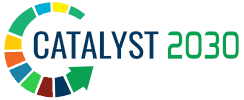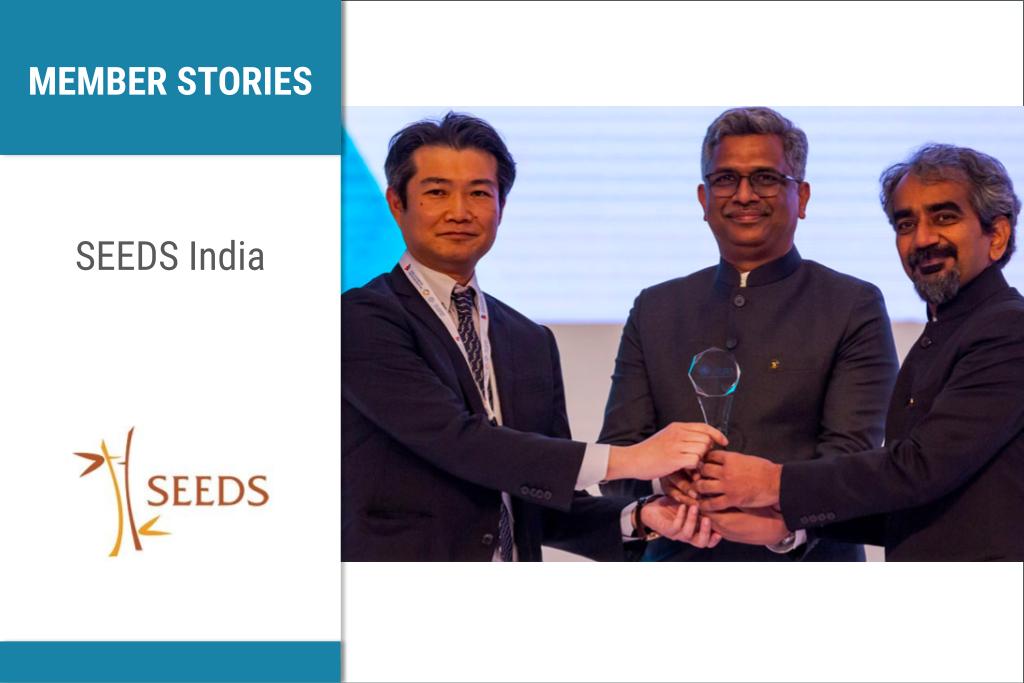Masato Seko, Senior Program Director of Global Issues Department, The Nippon Foundation, presents the UN Sasasaka Award to Dr Manu Gupta and Dr Anshu Sharma.
Catalyst 2030 member Sustainable Environment and Ecological Development Society (SEEDS) focuses on building the resilience of people exposed to disasters and climate change impacts.
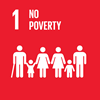
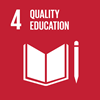
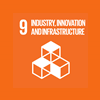
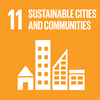
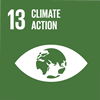
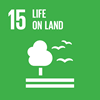
SEEDS has scooped the United Nations Sasakawa Award for Disaster Risk Reduction.
The Catalyst 2030 member received the award during the 7th session of Global Platform for Disaster Risk Reduction convened by the United Nations Office for Disaster Risk Reduction (UNDRR) in Bali, Indonesia recently.
The award recognises SEEDS’s people-centred approach, its commitment to accountability, to its stakeholders and its adherence to global frameworks such as the Sendai Framework and the UN’s Sustainable Development Goals (SDGs). SEEDS’s Strategy 2030 goals aim to enable 315 million people across 225 climate hotspots in India to survive, adapt and thrive despite recurring disasters.
“Twenty-eight years ago, as young idealistic town planners sitting in our college canteen in a newly liberalised economy, we were concerned by the environmental impacts of what it (the new economy) would bring,” SEEDS representative Dr Manu Gupta recalled during his award acceptance speech.
“And it is listening to the wisdom of the people that has helped shape our mission and purpose. I thank my dearest colleagues who spend their days and nights on the frontlines, engaging with the people. This award really goes to each one of them. Taking the opportunity of this platform, we would like to call for stronger partnerships centred around people as the driver for accelerated change,” Gupta said.
Over the past three decades, SEEDS has worked to build resilience throughout South Asia and partnered with governments as well as UN agencies to advocate for a “multi-hazard” approach. The organisation has focused on promoting a localisation agenda and on empowering local leaders to push for policy changes. This has resulted in impact on the ground that has included the building of homes and safe learning spaces as well as the development of new healthcare facilities.
The United Nations Sasakawa Award for Disaster Risk Reduction was created more than 30 years ago and is jointly organised by the United Nations Office for Disaster Risk Reduction and the Nippon Foundation. The central theme for the Sasakawa Award 2022 was “Building Resilience through a Multi-hazard Approach.”
“A key tenet of UNDRR’s work is inclusivity. The Sendai Framework calls for inclusive disaster risk reduction to be integrated into planning, policy and funding. Unless we invest in prevention and building resilience, we will not be able to stop the spiral of disaster-response-recovery,” Ricardo Mena, UNDRR director said.
